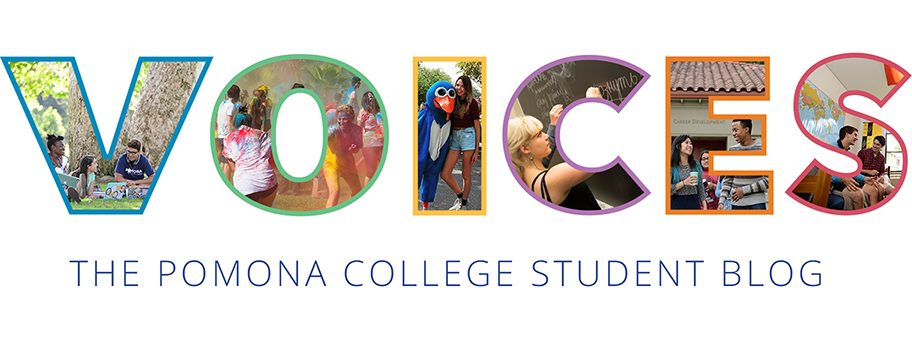
When I explain how the organization helps clients defend their housing rights, the first question I hear in response is oftentimes, “Do you have lawyers in the clinic?” We do not! For those unfamiliar with the approach that we use, the next question might be, “Why not?” or “How do you accomplish anything, then?” The counselors in the clinic are trained in San Francisco tenants rights – city, state, and federal laws. In the city of San Francisco, institutions like the Rent Board and various community organizations make it possible for tenants to defend their rights without the help of a lawyer. This is not to say that we never work with lawyers, but I am constantly surprised at the power that tenants can harness informing themselves about housing laws in the city. Rights-based services** means that the number one priority of counselors in the clinic is empowering tenants to help themselves, and to access the necessary resources to defend against mistreatment.
Take a moment to think about the rights that you know and have. The right to remain silent is guaranteed by the Fifth Amendment, for instance (only sort of, as it turns out). If you are a female citizen, you have the right to vote because of the Nineteenth Amendment. What about protections outside of your constitutional rights? In California, you have the right to know that you might come in contact with harmful chemicals in a building (Good luck reading the California public safety codes) When it comes to housing rights, did anyone ever tell you that it is your right to get a receipt if you pay your rent in cash? What about the right to live in an environment free of mold, rats, and other pestilent organisms? And if those rights were violated – perhaps without you ever knowing that you had them in the first place – where would you start in protecting yourself?
Perhaps it’s because I’m young and have never signed a lease of my own, but the more I learn about tenant rights, the more it occurs to me that some of these things might never have occurred to me. I wouldn’t know that (at least in San Francisco) I can collect an annual interest on my security deposit. Or that the landlord must notify me in writing at least 24 hours in advance of a visit. And then there are the unfortunate ones, for example, a landlord can install cameras directly outside and inside a tenant’s apartment – it falls within a legal gray area.
In a clinic using rights-based services, the first step is to understand your rights in the context of whatever situation you’re currently experiencing. How are you protected? What are the consequences for violation of your rights? What tools are at your disposal for leverage? Then, you may act as you choose: perhaps to do nothing, or maybe to write a letter to your landlord reminding them that you are entitled such-and-such service because of California State Code #8304, or perhaps to call the Department of Building Inspection because you’ve discovered lead in your home or the landlord has failed to address a persistent leak. At any rate, the process increases your knowledge and empowers you to make your own calls.
Time to geek out more!!! I study Public Policy Analysis. The rights-based approach is thrilling to me, and I’m not the only one who feels this way. It’s democratic and empowering; it brings folks in contact with policies that affect and protect them. The alternative, Service Provision, relies on a practice of selectively providing information, or making decisions on an individual’s behalf without informing them of the rules and logic guiding that decision. Picture going to some clinic where people talk to you in a bunch of legal mumbo-jumbo and then you sign some forms and leave not knowing what happened but heard someone say that this would be best for you. Has your understanding of the political system improved through that experience? Probably not. The more you know, the harder it is to ignore violations of your own rights and the rights of others. Are they being extended universally, or selectively to those who have access to the knowledge (or the legal representation)? The rights-based approach that we use here hopefully favors the former goal. My sense is that the model will be improved upon and adapted with time to further strengthen this democratic approach to legal protections.
**Note: the content of the post is based on my observations, experiences, and trainings here at the clinic. For scholarly work on rights-based development, check out this paper and as is often the case, this Wikipedia page might be a good place to start.
